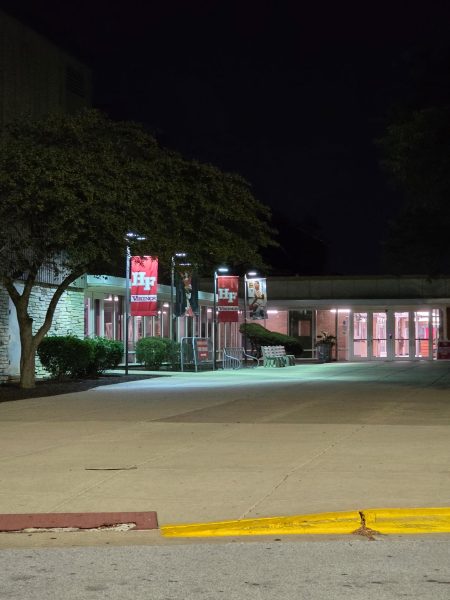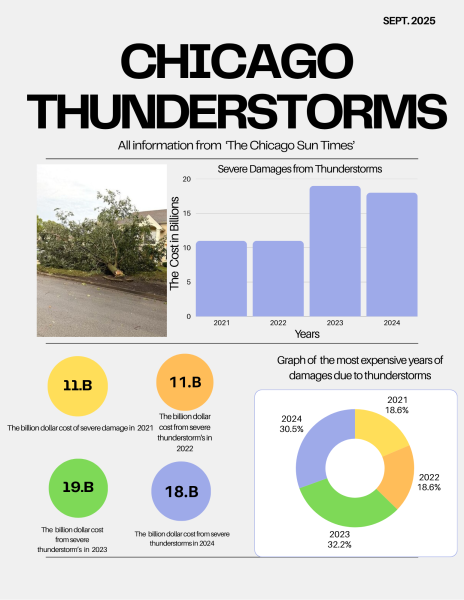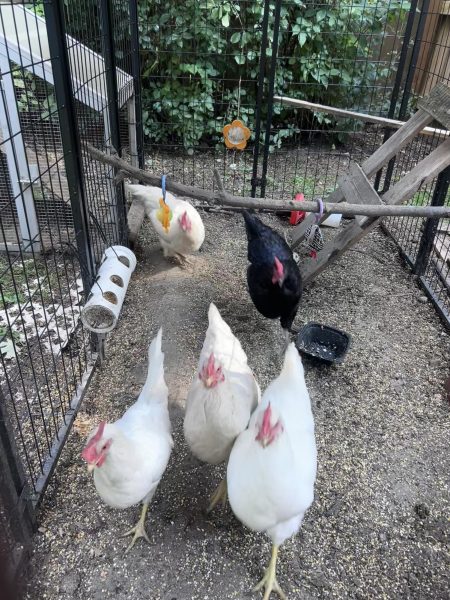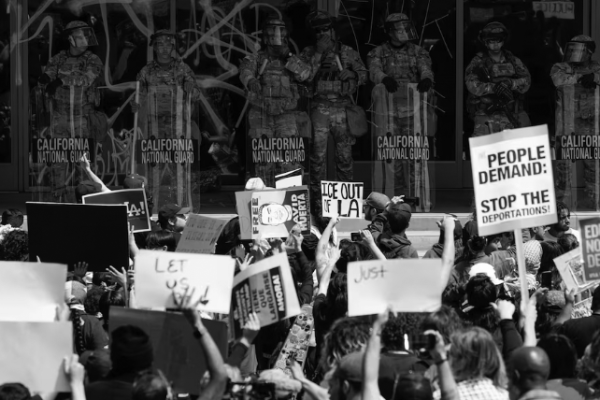#ACTIVISM
Activism in Social Media: Slacktivism, #BlackLivesMatter, and Feminism
In 1995, right before the turn of the century and the explosion of technology, Dwight Ozard, and Fred Clark coined the term ‘Slacktivism’.
This refers to the practice of fighting from the forefront of your computer screen.
In all honesty, what would many of today’s movements be without the hashtag?
Granted, signing an online petition or retweeting Amandla Stenberg’s latest 140 character rant isn’t anything like marching in Selma.
But, it is undeniable that doing so does make it easy to spread awareness to a large audience.
During the Arab Spring in 2011, social media was a key factor in helping protesters in the Middle East and North Africa coordinate successful rallies and demonstrations against dictatorship, and oppression.
Granted, this is a special case and many only go as far as signing the online petition.
It is easy to cross the fine line between creating awareness on online platforms and becoming a “slacktivist”.
“A lot of people hit ‘like’ and ‘share’, and maybe one or two have actually gone out and embraced whatever that necessity is,” English teacher Janine Stromer said.
Although, for the one or two that do step away from the computer screen, Social Media can be a huge aid in combating social issues.
Senior Destiny Watson and founder of local youth philanthropy group,’YouMatter2’, had humble beginnings online.
“Building my team of members started from a tweet that I made,” Watson said. “Through that tweet a lot of my friends joined and we have transformed from 25 to 55 members.”
Social media is also great for reaching the masses to spread awareness.
In 2010, The Red Cross raised $20 million in 5 days after the Haiti Earthquake solely through text message donations.
Indeed, awareness is the first step in standing up for any social issue.
However, it is exactly that, just the first step.
“It is easy to create a false sense of achievement, when all you’ve done is take the first step,” Stromer said. “How do we move people from that slacktivist position to that activist position so that we can see social change.”
It is essential that more people move outside the tiny walls of the internet, and do what they can to make a difference in what they care most about.
“I want to see people doing something about issues physically, not just through 140 characters because your actions are so much louder than a tweet,” Watson said.
So, yes, of course since social media does have such a big presence in today’s culture, it will always have an important place in social activism; that place being social awareness.
On the other hand, we should move away from fulfilling the role of slacktivist.
“I don’t think people should stop liking, don’t get me wrong,” Stromer said.”But if you can, if it’s in your means, if it’s in your heart, take the next step.”
#blacklivesmatter
Activism on social media is useless if it’s not taken outside of the computer screen.
People have to be aware of the limitations social media has and use them as their drive to do things offline.
#BlackLivesMatter became a movement after a simple facebook post urging black brothers and sisters to join together and combat prejudice after the killing of Trayvon Martin.
There was a turning point when the slogan became more than just something on the internet.
It became synonymous with the protests taking place around the country.
The hashtag BlackLivesMatter spread so quickly because it sparked an interest in so many people and also showed the complexities of social injustice, poverty and the lack of respect some whites have for the black race.
The rapid spread of the BlackLivesMatter movement is built by a new generation of social activists. Like civil rights leaders, they are nothing short of revolutionary.
“Black lives matter is not just a movement, it’s a way of life. We have to use [it] everyday to make a difference for African-Americans that are being mistreated,” senior Kaela Mack said.
#BlackLivesMatter is not just a slogan, #ICantBreathe is not a promotional tool, #HandsUpDontShoot is not just a publicizing catchphrase.
These declaratives are calls for justice and need to be used to promote social change and give blacks the rights they are entitled to.
This movement has brought about people that eagerly wanted to join the cause.
“I want to do something outside of just social media. I want to make it known that this is a problem,” senior Blaire Brown said.
Some were just social media activists and bandwagoners, not ready for the work that came with actually being involved with the cause.
Although this brought people that weren’t very involved, it did help the movement get the word out there about the social injustices black people deal with a daily basis.
This movement resembles others including the Civil Rights Movement and the L.A. Riots.
#womenarepeopletoo
Feminism: the advocacy of women’s rights on the grounds of political, social and economic equality to men.
What seems like a simple concept is something that many people misunderstand.
“First and foremost, there’s this ridiculous connotation that feminism is a bad thing,” said senior Aliaa Eldabli. “When really, if you look up the definition of feminism, it’s a movement of ideas that share a common goal of defining, establishing and successfully achieving equal rights for women in multiple aspects of life such as politics, financial stability and social beliefs.”
Eldabli is a feminist because she believes that “we all deserve to be equal with one another”.
She’s not the first either. Feminism has been a part of western history for centuries. It began in the late 19th century and has historically been viewed in waves.
First wave feminism, which focused on middle or upper-class white women and oriented around suffrage.
Second-wave feminism attempted to further combat social and cultural inequalities.
Finally, third-wave feminism continues to address the same issues as the second-wave but for a wider-scale of people.
Similar to many movements in this day and age, social media continues to play a big role in drawing attention to said issues.
Technology is a big part of our generation and affects everything around us, which is why it isn’t a surprise that it happens to affect the feminist movement as well.
Influential and long-standing feminists have taken to calling this type of online feminism “fourth wave feminism.”
However, social media can also be home to a lot of negativity and ignorance.
The Tumblr page “Women Against Feminism” has drawn a lot of attention to itself with pictures of women holding signs that read reasons of why they feel they don’t need this movement.
Such reasons include, “because I don’t hate men”, “because I’m not oppressed”, and more.
According to the page’s ‘About’, it states that,”We’re judging feminism by its actions, not by dictionary definitions.”
Eldabli says that statement is where they went wrong.
“If everyone abided by the dictionary definition in the first place (I’m speaking of those who use violence as an excuse for feminism & those following this page, both sides to the story) then there probably would not be this much uproar,” said Eldabli. “Those who use it in a violent manner are not going to get anywhere, and going along with that, those who believe that the actions (not the violent ones) are unnecessary must live in a perfect world because I guarantee not everything in their life is equal.”
Social Media spreads words faster than a virus, says Eldabli. People can take this advantange and use it to benefit feminism in a positive matter.
“Emphasize its definition & what it actually stands for,” said Eldabli. “The only problem with feminism is that people take it too far & then it becomes ineffective. It’s not what you say or do, it’s how you say or do it. Very cliché but very applicable.”





